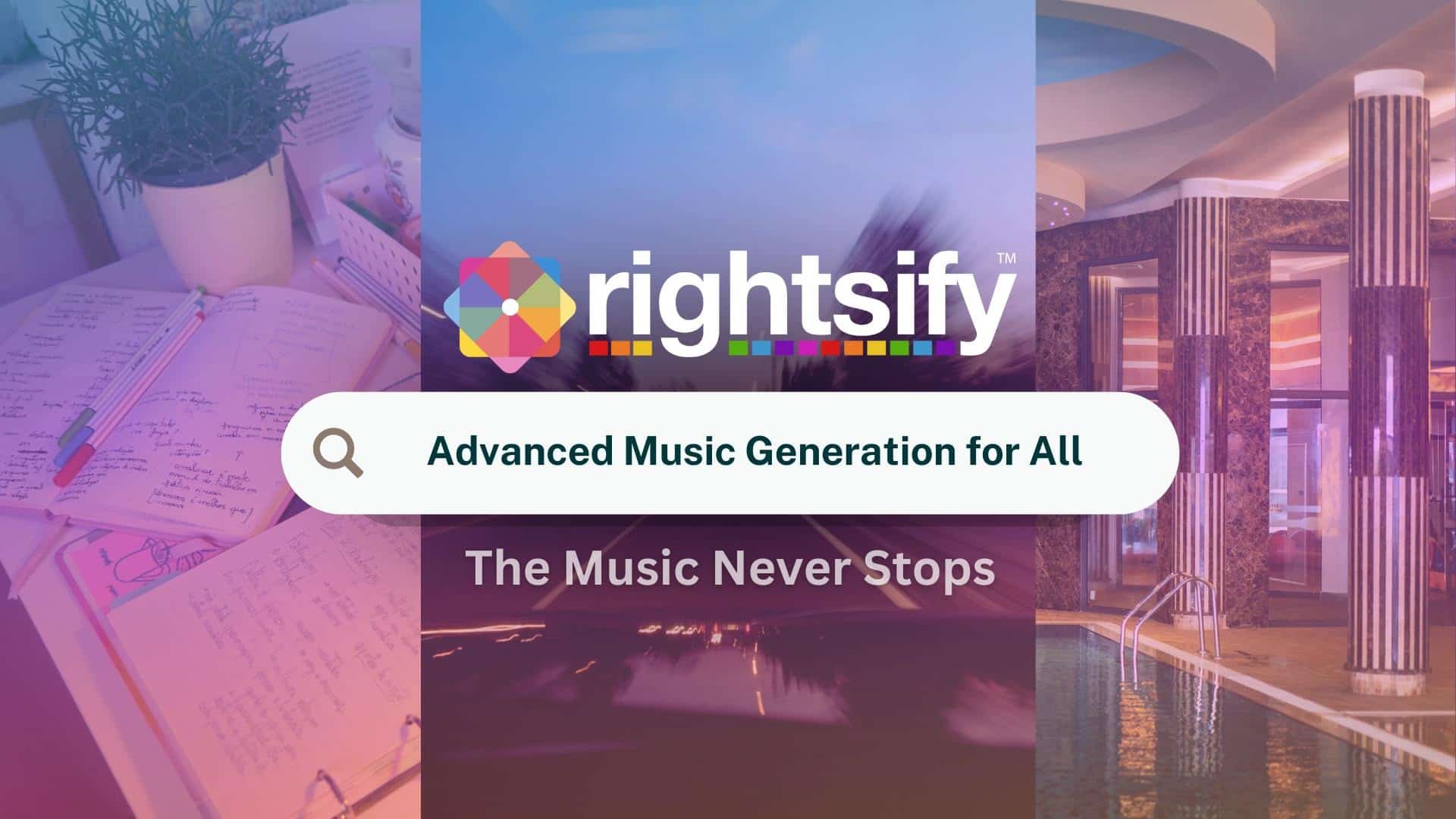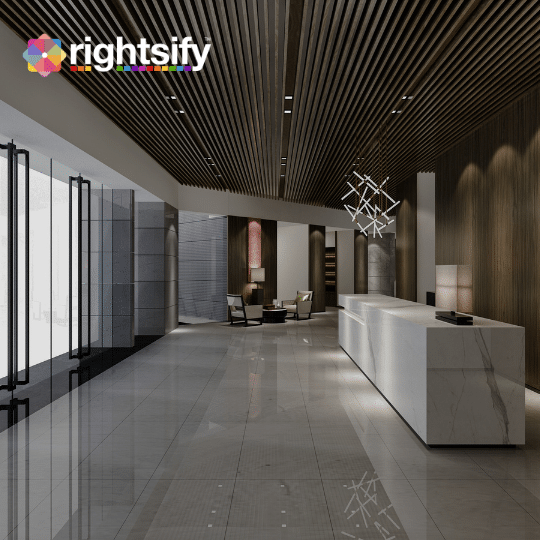Music Copyright Management for the 21st Century
Rightsify provides a one-stop licensing solution for any music usage. Whether it’s background music played in public, online streaming, gaming, or education, our license covers any use case in any country worldwide.
About Rightsify
“Rooted in Tradition, Aimed at Tomorrow.”
Established in 2013, Rightsify was born as a sync licensing agency for tv, film, and advertisements. From that, we’ve grown and adapted to a global music licensing agency providing music for almost every use case imaginable – with a catalog of more than 10 million songs that gets heard by over one billion people every year. Now, as we navigate the AI age, our commitment to safeguarding and promoting music rights has never been stronger




































































